General description
Lipase from porcine pancreas (PPL) or porcine pancreatic lipase is a small globular protein with N-terminal α/β type fold. It comprises catalytic triad Ser, Asp, and His residues and a C-terminal β-sandwich domain. PPL belongs to a subclass of the carboxylesterases family.
Application
Lipase from porcine pancreas has been used:
- in lipase inhibition assay with plant extracts
- in in vitro digestion gelatinized starch/fiber mixtures
- with simulated intestinal fluid to mimic the digestive tract condition of by L. fermentum PC1 in fermented oats
Lipases are used industrially for the resolution of chiral compounds and the transesterification production of biodiesel.
Biochem/physiol Actions
Lipase from porcine pancreas (PPL) catalyzes the hydrolysis of fats (lipids). It plays an essential role in the digestion, transport, and processing of dietary lipids (e.g. triglycerides, fats, oils) in most living organisms. PPL is cost-effective and is useful in biotransformation reactions. It displays high selectivity, and catalytic activity. PPL is also used in the detergent formulation for removing oil stains from clothes.
Lipases catalyze the hydrolysis of esters in aqueous solutions and the synthesis of esters in non-aqueous solutions. They also produce hydroxyl and carboxylic groups through the hydrolysis of ester linkages in poly(ethylene terephthalate).
Lipases catalyze the hydrolysis of triacylglycerols into glycerol and free fatty acids.
Unit Definition
One unit will hydrolyze 1.0 microequivalent of fatty acid from a triglyceride in 1 hr at pH 7.7 at 37 °C using olive oil.
Analysis Note
Protein determined by biuret.
Shipping Information:
Dry Ice Surcharge & Ice Pack Shipments: $40
More Information: https://cenmed.com/shipping-returns
- UPC:
- 12352204
- Condition:
- New
- Availability:
- 3-5 Days
- Weight:
- 1.00 Ounces
- HazmatClass:
- No
- MPN:
- L0382-100KU
- CAS:
- 9001-62-1
- Temperature Control Device:
- Yes












